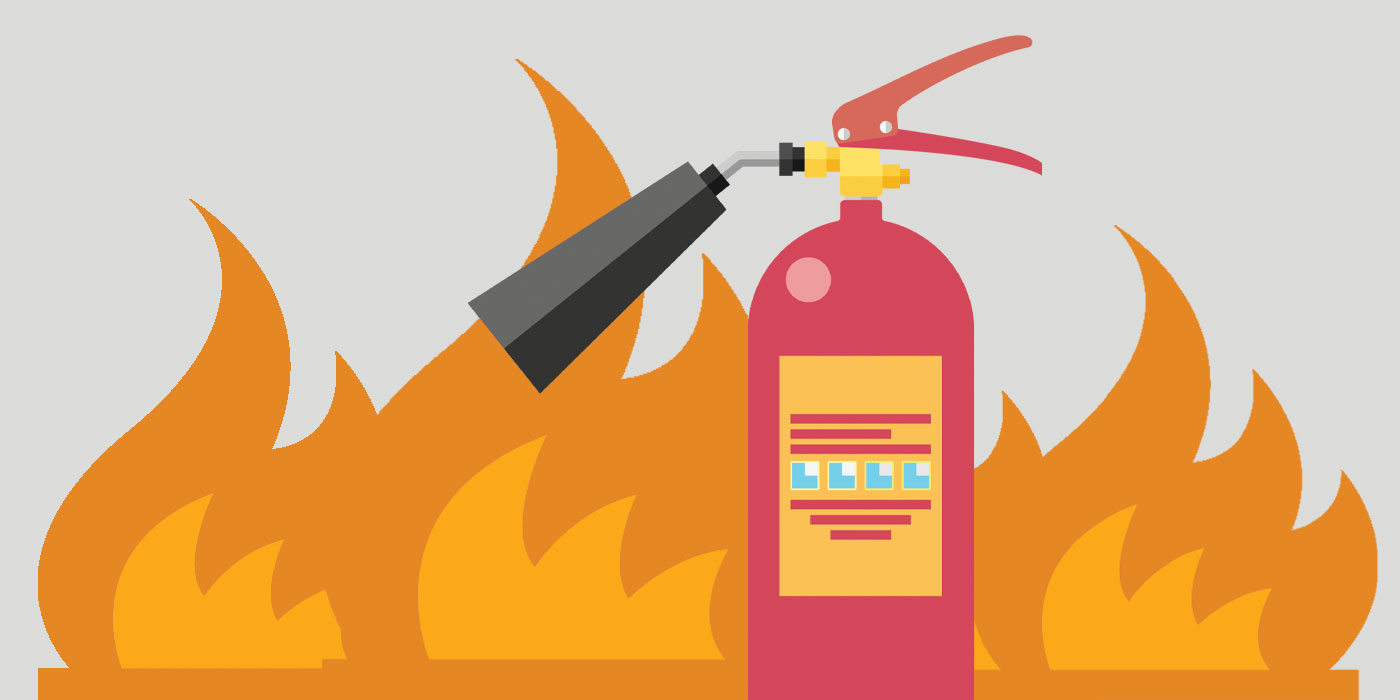The protection of fire is essential for every Sydney company. It’s not only an obligation under the law however, it’s also a way to keep employees, customers and property safe. Fires can result in devastating costs in the shortest time, but the risks involved are reduced or avoided with the proper safety measures implemented. Regular inspections of fire hazards, regular testing of electrical systems and complying with CFSP standards all help to ensure that the environment is safe.

Why Fire Inspections are the basis of Safety
The first line of defense are fire inspections. Inspections are conducted to ensure that the fire safety system installed in the building is up-to-date and functional. In Sydney the majority of businesses must conduct inspections each six or twelve months, depending on building type and council regulations. Inspections can cover everything from sprinklers and smoke alarms systems, to fire alarm panels and hydrants to emergency lighting and fire alarms.
What makes inspections crucial is their ability to spot unnoticed issues before they become risky. A small fault in a fire hydrant, or a smoke detector that is blocked may seem minor at first but, in an emergency, these faults could result in the loss of lives. Regular inspections of fire hazards are a proactive way for businesses to not only ensure they meet their compliance obligations as well as protect themselves from unexpected disasters.
Testing and Tagging Securing Electrical Safety
Electrical systems are one of the leading causes of workplace fires, that’s why testing and tagging must be included in a fire safety program. This involves checking electrical appliances to ensure that they are reliable, safe, and secure. After that, a visible tag is fixed to the equipment, indicating it has passed inspection. For many businesses this is more than just a requirement for routine use. it’s a protection against the risk of risks that can go by unnoticed.
If unchecked older wiring, malfunctioning appliances or worn cables could be a fire hazard. By conducting regular tests and tagging, businesses reduce the possibility of electrical issues that could cause fires. The employees also feel confident that the workplace is safe. This creates a sense of confidence and trust in the work place. When combined with fire inspections as well as testing, this extensive safety strategy minimizes risk from a variety of angles.
The role of CFSP in Compliance and Certification
Only an Competent Fire Safety Professional (CFSP) who is located in New South Wales, can confirm and sign crucial documents for fire safety such as Annual Fire Safety Statements. The introduction of CFSP accreditation has raised the bar for fire safety by ensuring that only professionals with the appropriate qualifications evaluate and confirm security measures. For those who work with a CFSP inspections and reports are not going to be merely a regular report but an accurate evaluation performed by professionals.
The job of a CFSP extends far beyond checking boxes. They provide comprehensive reports that verify compliance to laws. Companies without CFSP certification could be at risk of fines, legal complications and even closure if their security measures for fire are judged to be insufficient. Partnering with accredited professionals ensures that the fire safety systems are in place properly and compliance requirements are met without unnecessary stress.
Fire Safety: A Lifelong commitment
Safety in the event of fire is not just a one-time responsibility, but an ongoing obligation for every business owner. Regular inspections and testing of electrical equipment with a proper certification from CFSP ensure a safety loop that will never end. This method is not just legal, it also creates a safer environment in the workplace. Employees feel reassured knowing that clear evacuation procedures are in place, smoke alarms are functional and tested for emergency lighting and fire suppression systems are fully functional.
Treating fire safety as a continuous process rather than a yearly checkbox not only reduces risks but also strengthens a business’s reputation. If safety is a priority, clients and customers are assured of their safety. In the long run investing in proactive fire protection saves money by preventing costly damage as well as fines and legal battles, as well as protecting the lives of every person that enters the building.
Conclusion
Safety in the event of fire in Sydney requires a multi-layered approach which includes fire inspections testing and tagging, and an official certification from an CFSP. Each element is essential to ensuring businesses are compliant with the laws, and more crucially, that both property and people are secured. Companies that place safety as an integral part of their business and not just a secondary note will comply with their legal obligations as well as make a more stable and secure environment.
